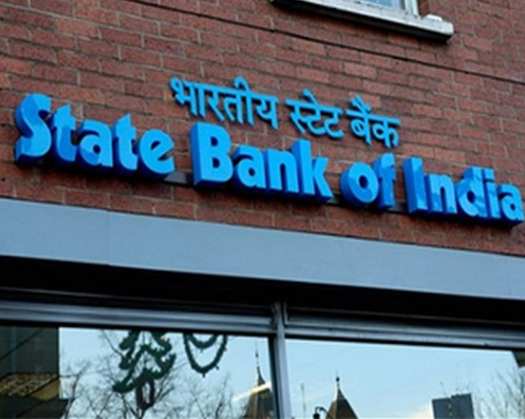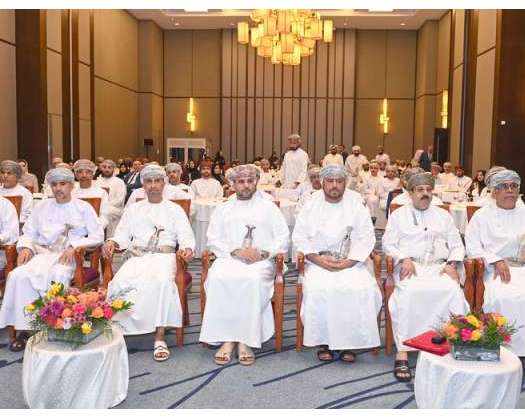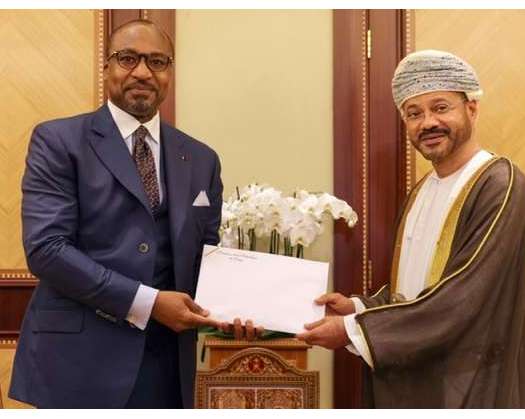New Delhi: A report from the State Bank of India reveals a notable increase in women's involvement in domestic stock markets, with female investors accounting for nearly one in four new market participants.
The report highlights that since 2021, approximately 30 million new demat accounts have been opened each year, reflecting a growing trend in market participation.
It states, "Since 2021, an average of around 30 million new demat accounts have been added annually... Nearly one in four of these investors is a woman."
Across India, women's engagement in stock markets is on the rise, with New Delhi leading in registrations, followed closely by Maharashtra and Tamil Nadu.
The report indicates a steady increase in female investor registrations since the fiscal year 2022, marking a significant change in the gender landscape of financial markets.
It notes, "The participation of women in individual investor registrations has shown a consistent upward trend since FY22."
As of the fiscal year 2025 to date, the report reveals that Delhi has the highest percentage of female investors among major states at 29.8%, followed by Maharashtra at 27.7% and Tamil Nadu at 27.5%.
These statistics are well above the national average of 23.9%. In contrast, states such as Bihar (15.4%), Uttar Pradesh (18.2%), and Odisha (19.4%) exhibit female participation rates below 20%, highlighting regional differences in gender representation.
The report indicates that, with a few exceptions, the majority of states have experienced an increase in women's participation rates that exceed the national average when comparing FY25 to FY22. This advancement, while varying by region, reflects a favorable movement towards enhanced gender inclusion in financial markets.
Additionally, the report points out a change in the geographic landscape of financial markets, with the Western region, historically the center of capital market activity, gradually being overshadowed by cities such as Bengaluru, Hyderabad, and Kanpur.
There is also a notable shift in direct equity participation, as mutual fund inflows in significant areas now exceed those from indirect retail participation. This evolution is characterized as a "history of direct equity participation being inscribed on the walls of the Bombay Stock Exchange (BSE)."
In summary, the findings underscore a considerable cultural and economic transformation, with an increasing number of women engaging with the stock market as a means of wealth generation, while states across India are fostering a more inclusive financial environment.











